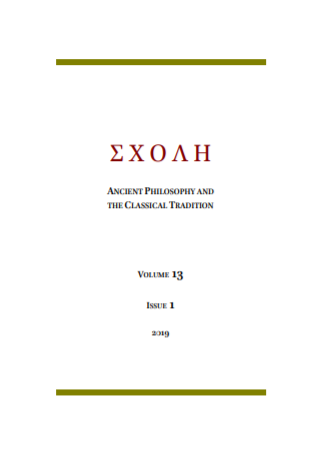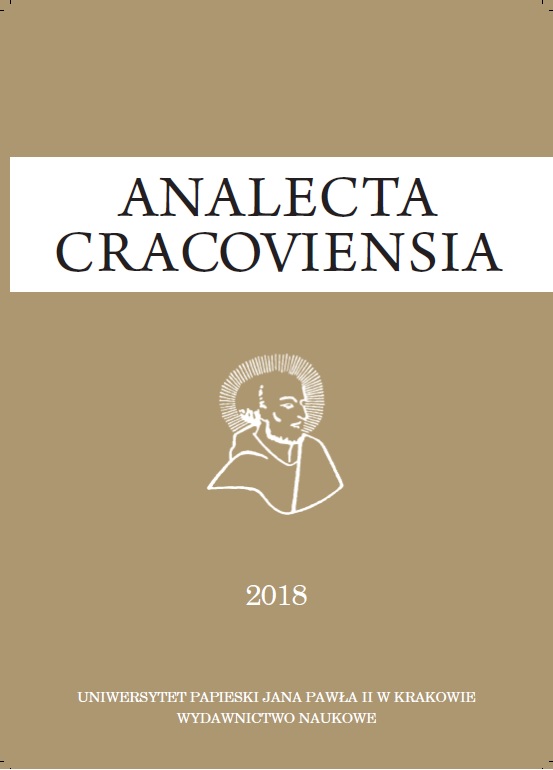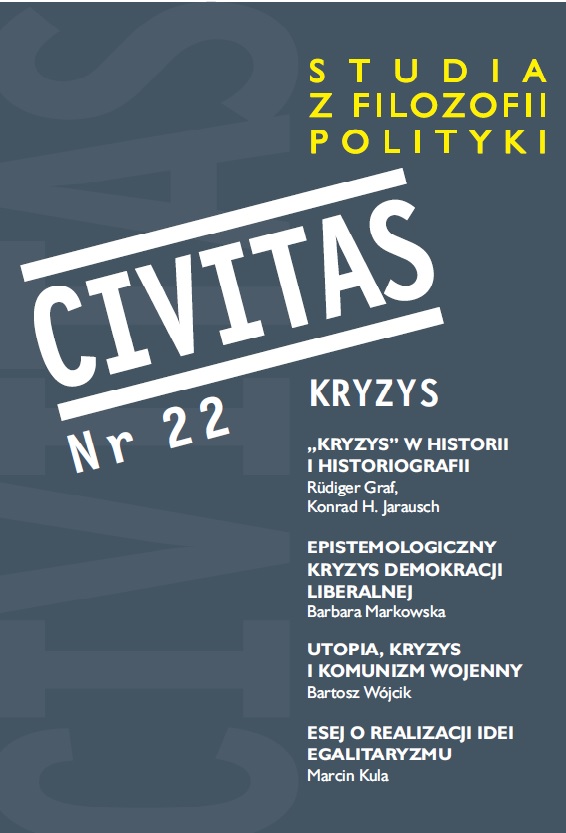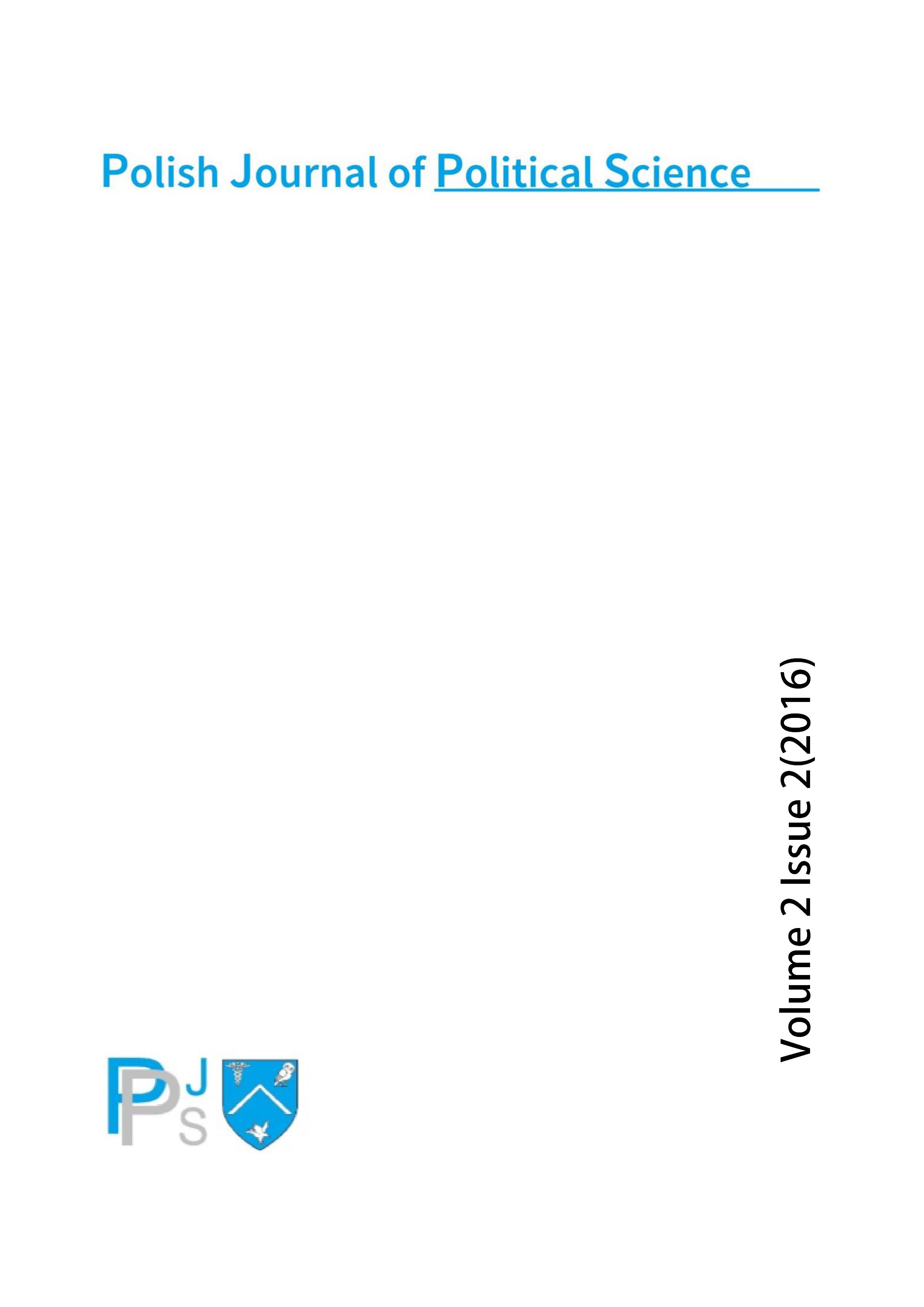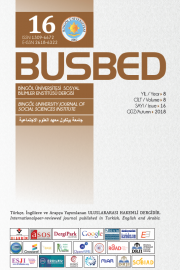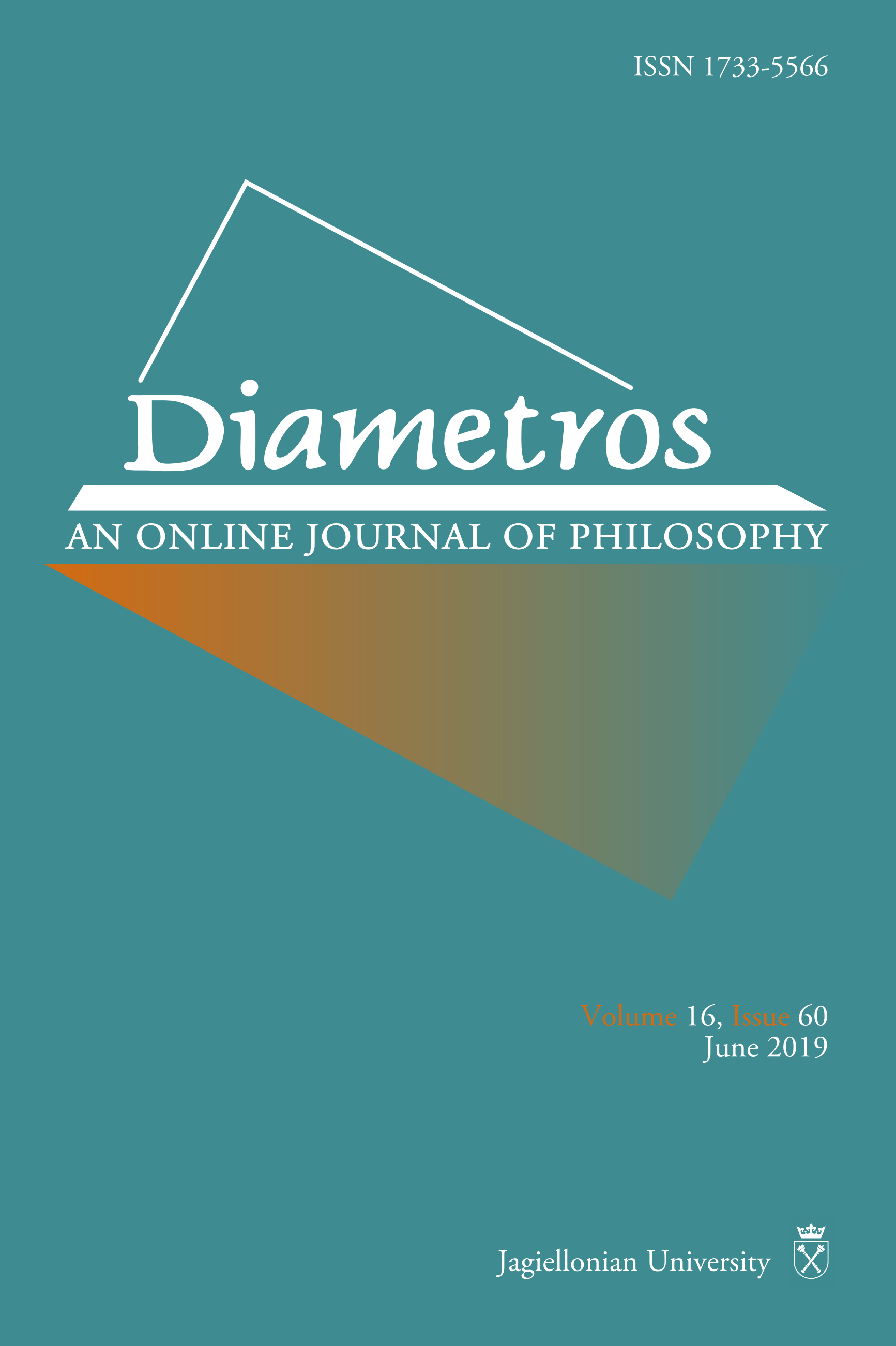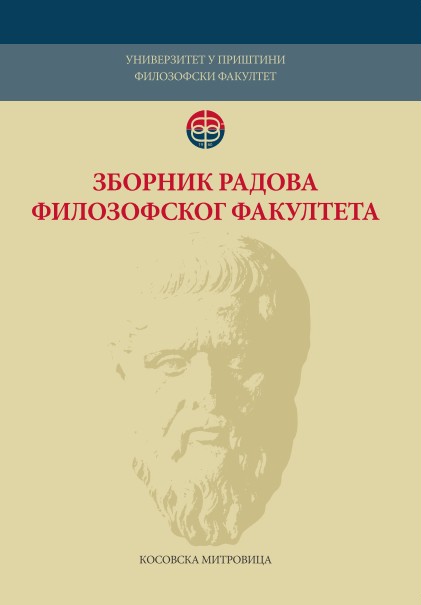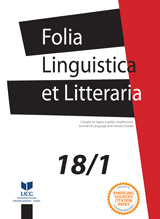
ÜBER DIE EIGENMACHT DER LITERATUR
This article tries to answer the question as to the poetic and political self-empowerment of literature. It takes into consideration the theory, history, and critique of ‘political literature’. Firstly, the theory of ‘political literature’ runs into difficulties in defining its key concept univocally. Secondly, this is because the history of ‘political literature’ draws a polymorphic and irregular picture. Thirdly, the critique of ‘political literature’ illustrates that differentiations and demarcations between unpolitical literature, engaged literature, and politically operative, tendentious or propagandistic literature are problematic. The same applies to the structuralist analysis of political implications of literature. In conclusion, literature empowers itself both poetically and politically, however, the poetic and political evaluation of its content and form, intention and impact may vary from case to case.
More...
